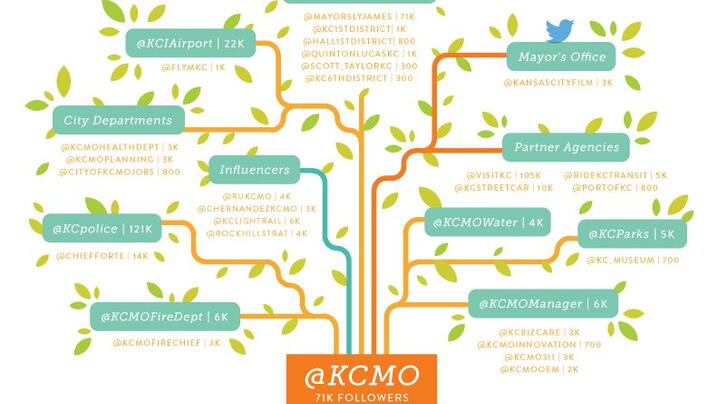
It should come as no surprise that a session at the ICMA 2016 Annual Conference in Kansas City called “Maintaining Trust through Civil Customer Service” focused mainly on social media and digital tactics.
Topeka, Kansas, City Manager Jim Colson put it bluntly when referring to the gravity of some situations that have blown up on social media lately: ”Everybody’s got a plan until someone punches you in the face.”
But plan we must.
And if one follows and predicts the trend of “downward spiraling distrust,” as Colson outlined, there may be more warning than we think. Citizens become:
- Disconnected and divided
- Scared
- Angry
- Untrusting.
When citizens reach the untrusting level they start to yell or, as Colson puts it, “care very loudly.”
Local governments must remember that social media conversation is a two-way street, advises session panelist Bridget Doyle of Sterling Heights, Michigan. She is the director of community relations, which includes oversight of the city’s social media channels. People don’t want to visit or even call city hall these days, she says, yet they still want to feel that “human touch.”
Your citizenship is smart. Citizens will share (endorsements or criticisms), want to self-serve quickly, and need someone to respond and engage when they have a question.
One more piece of advice to provide the human touch: use emojis, Doyle said. “It’s OK. It makes us relatable and gives a sense of realness.”
And the medium to use, she adds, is Facebook. A recent Pew Research Center survey reveals that 67% of adults are on Facebook, versus 16% on Twitter.
If the social conversation goes bad, Doyle advises:
- Be transparent.
- Be civil.
- Follow up on e-mail.
Doyle and the other panelists at the session strongly advise having one voice and one brand across social media and any other applications local government might use to serve citizens when they, for example, make court appointments, pay water bills, or even schedule bulky trash pick-ups.
It should be clear which channel is the main voice for your locality, Doyle added. And this may mean reeling in elected officials who respond to citizens through their personal accounts and paring down the number of accounts the municipality supports. When considering additional accounts, think about these caveats:
- Keep the voice consistent.
- Avoid watering down your message.
- Remember that adding more accounts means more staff and resources to maintain them. If a department that wants a separate channel does not have the staff to monitor and maintain it, it will not be fruitful.
Often in larger local governments, the panelists observed, separate channels are added for police departments and parks and recreation departments because the messages and information are distinct. (See Kansas City's Social Media Tree.)
Many of the ICMA 2016 Annual Conference sessions are available through the Virtual Conference.
Want to maximize the impact of social media in your community? Learn how to effectively engage by attending the upcoming webinar, Social Media: Where Citizens and Local Government Unite, on Thursday, October 13.
- Engaging Your Citizens Using Social Media
- Playbook: Social Media and Local Government
- Knowledge Network Group: Social Media
- 8 Tips to Increase Your Social Media Following
New, Reduced Membership Dues
A new, reduced dues rate is available for CAOs/ACAOs, along with additional discounts for those in smaller communities, has been implemented. Learn more and be sure to join or renew today!

